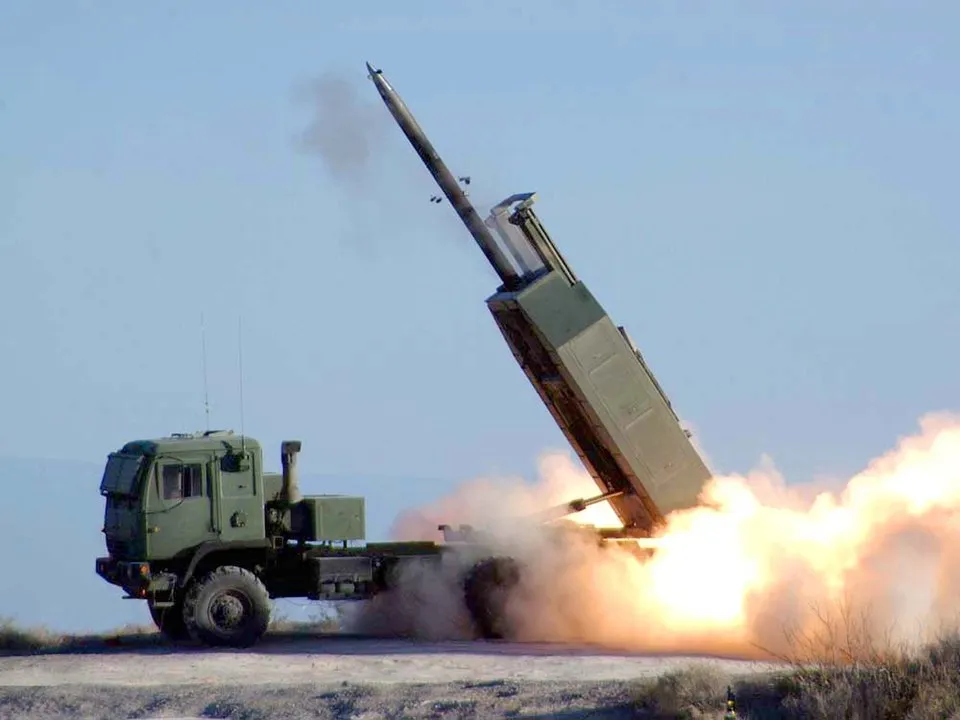The Kursk incursion—clearly planned and executed with U.S. and NATO supervision, despite the very vocal disclaimers, and with continuing reports of heavy foreign mercenary participation—is being used by London and Washington to promote the use of ever-more sophisticated NATO weapons against Russia.
For example, London’s The Economist carried an Aug. 14 article which purports to be a very cautious, even-handed evaluation of the risks of the Kursk operation, urging that “Ukrainian forces should be careful not to overreach.” It counsels that this is “the first time since the Second World War Russia has been invaded"; that Ukraine’s “supply lines will soon be stretched thin. Russia is beginning to counter-attack.” But then it delivers the real message in conclusion:
“Kursk also holds a broader lesson for Ukraine’s partners. A good defense sometimes requires offense. America, Britain and France continue to bar Ukraine from using their long-range missiles on Russian soil. Some restrictions are fine: Western missiles should not be used against Russian nuclear sites, for instance. But the risk of escalation should not be exaggerated. It is perverse that Ukraine is not allowed to strike Russian air bases from which jets deliver glide bombs to devastate Ukrainian cities and kill its soldiers. Russian forces that blatantly and criminally violate Ukraine’s borders should expect no shelter behind their own.”




